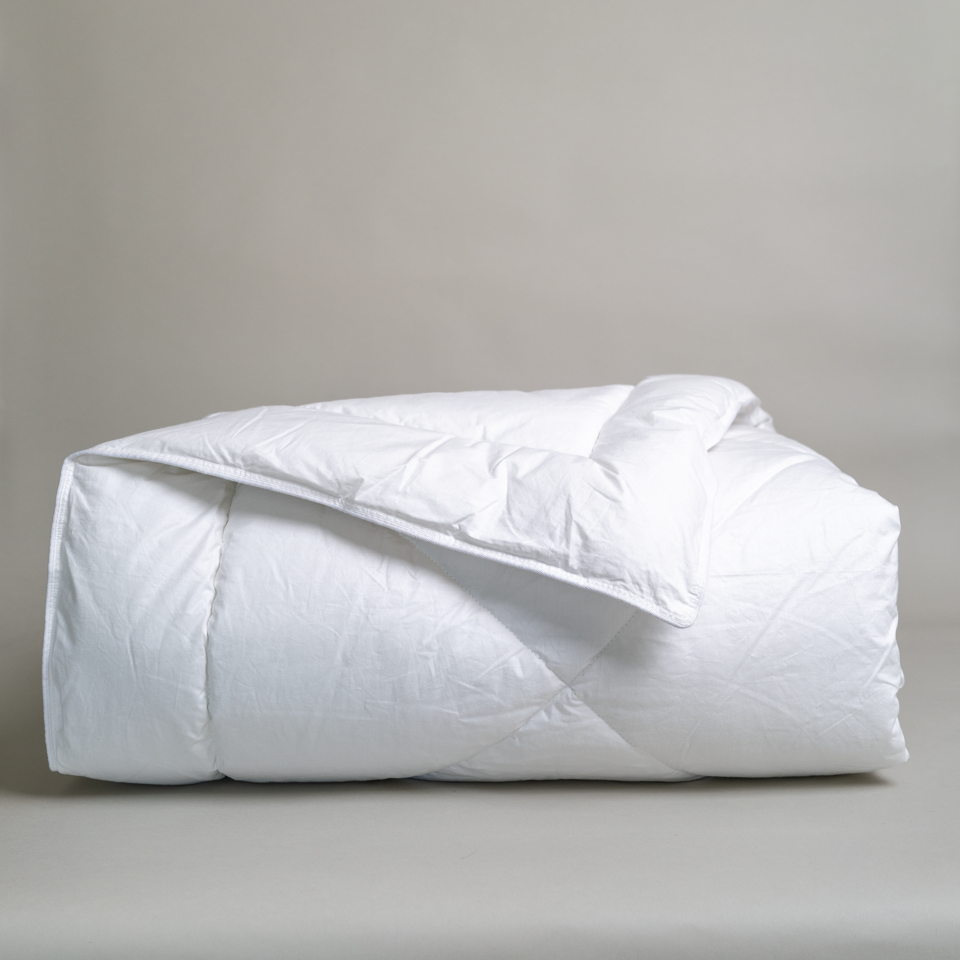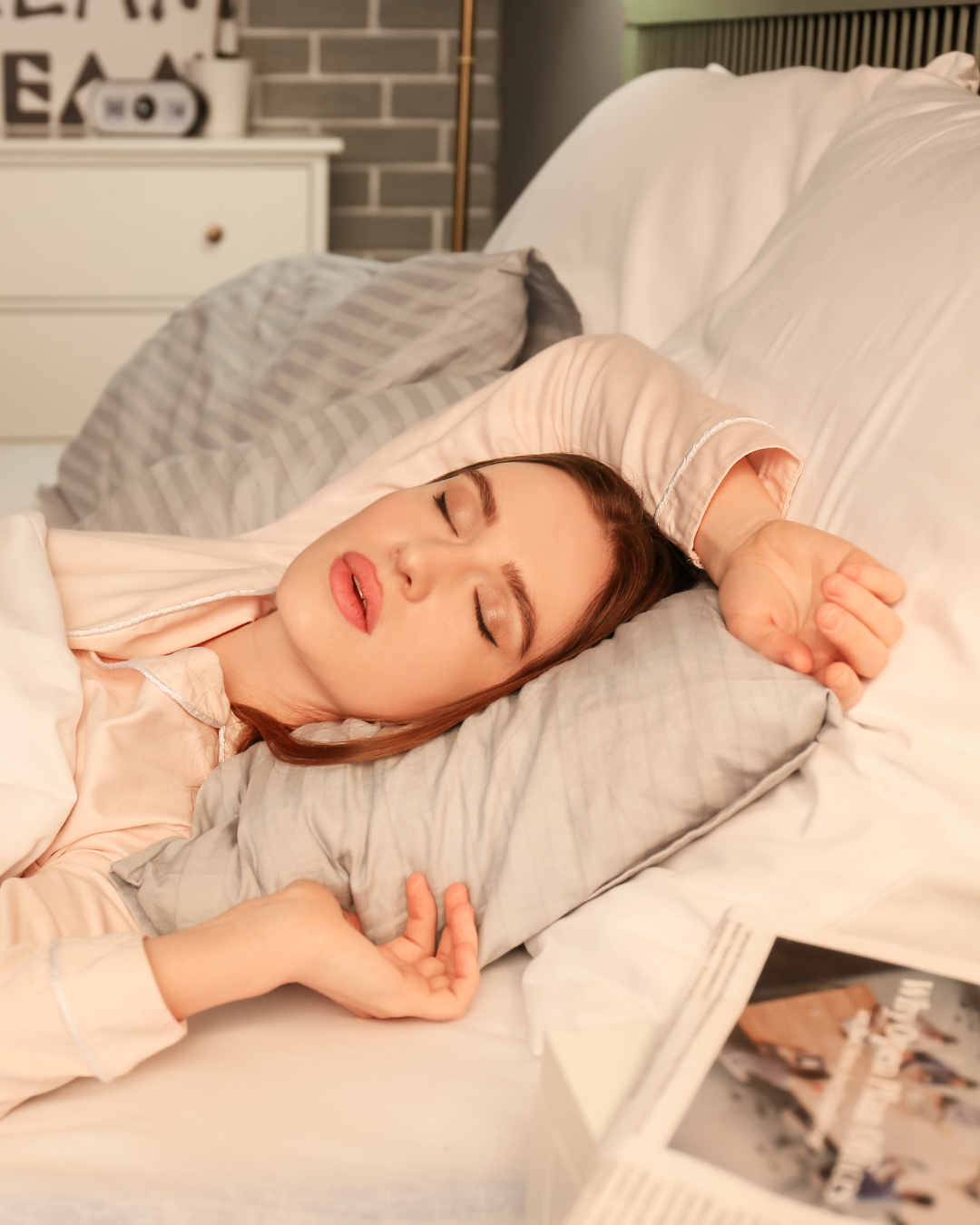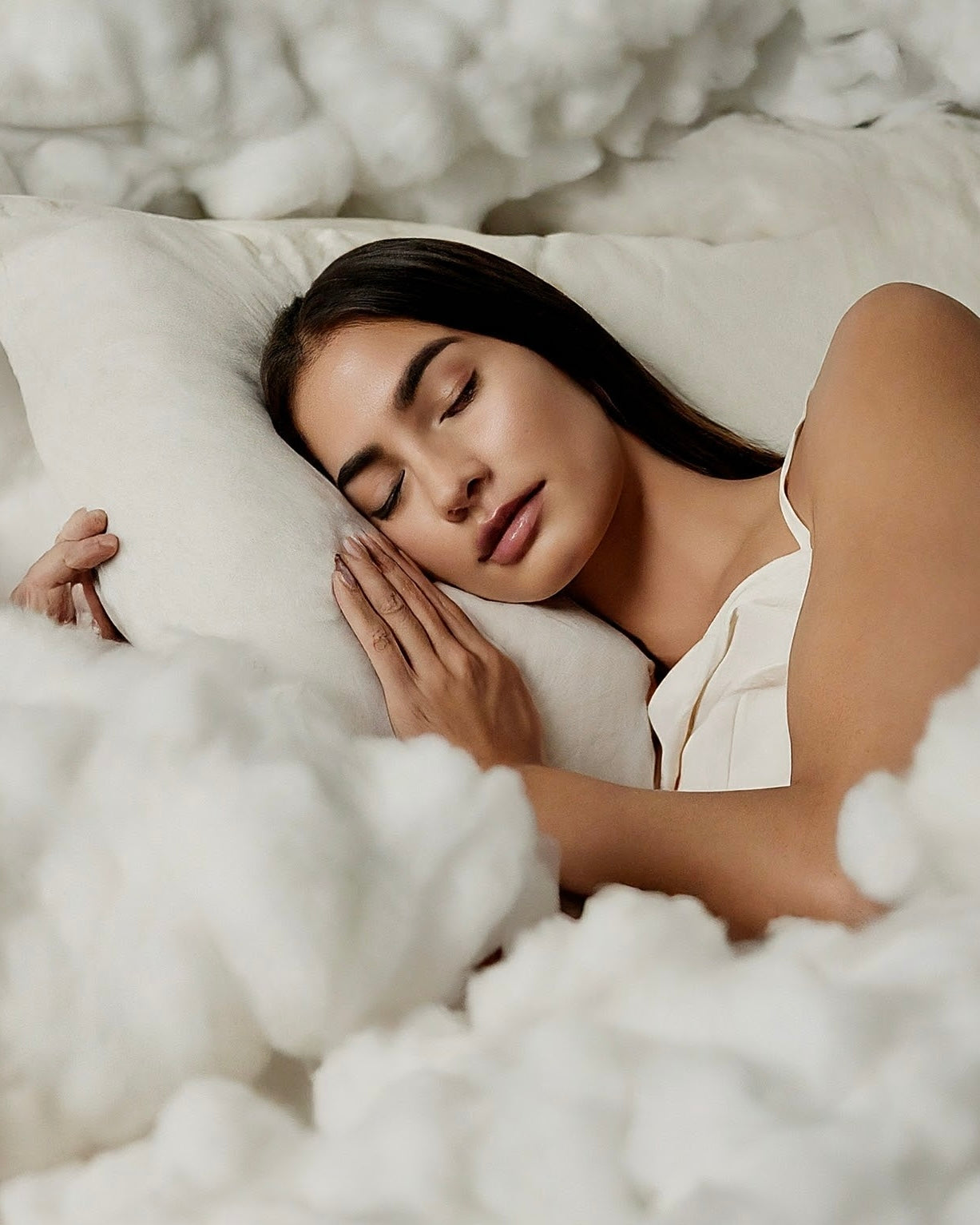Snoring is more than the loud sound you make at night to the irritation of your bed partner. It can signal certain health problems, as well as negatively affect your sleep and health. Here is what sleep experts are saying you should consider if you, your bed partner, or your child snore.
1. What is Snoring?
It’s the sound of “turbulent airflow” made by the air passing through the smaller space that exists when the muscles of your mouth, tongue, and throat relax while you’re sleeping. The flow of air “causes the tissues in the back of your throat to vibrate.”
2. What Causes Snoring?
“It can simply be caused by the anatomy of your mouth, throat, and sinuses. But snoring can also be due to a cold, allergies, alcohol consumption, being overweight, or sleeping on your back.” Surging hormones in pregnant women can cause swelling nose tissues that leads to snoring. Medications that relax muscles can also increase snoring.
Snoring may be a symptom of “a sleep order called obstructive sleep apnea (OSA),” which is something you need to see your health care provider about. “OSA often is characterized by loud snoring followed by periods of silence when breathing stops or nearly stops. Eventually, this reduction or pause in breathing may signal you to wake up, and you may awaken with a loud snort or gasping sound.” Sleep apnea can run in families.
3. Does Everyone Snore?
The National Sleep Foundation notes, “Thirty-seven million people admit they snore regularly. More men (42%) than women (31%) say they are snorers.” That, of course, is a self-reported number and requires knowing and accurately reporting whether one is a snorer. In fact, nearly everyone snores “now and then,” whether or not they report it. Snoring is not limited to adults; children snore, too, which can signal a problem with tonsils or adenoids or be a symptom of sleep apnea.
Even if you were not a snorer, you can become a snorer as you age due to the weakening of throat and tongue muscles. It’s hard to tell why one person snores and another doesn’t.
4. Does Snoring Affect Your Sleep?
Yes, it can affect your sleep, as well as the sleep of your bed partner, which you probably already know. “Habitual snoring” that affects your sleep can result in sleepiness, anger, difficulty concentrating, an increased risk of high blood pressure, and an increased risk of motor vehicle accidents. Insufficient quality sleep can lead to “weight gain, memory loss, skin aging, depression and learning difficulties.” If you’ve been told you snore and your sleep is affected, or you sleep alone but don’t wake up feeling rested, you should talk to your doctor to determine whether it is caused by snoring or some other physical problem.
5. What Can You Do About Your Snoring?
Assuming an examination of your ears, nose, and throat does not reveal a physical reason for your snoring, your doctor can refer you to a specialist who can conduct a sleep study, which can often be done at home, to determine whether sleep apnea is the cause of your snoring.
Just as lifestyle can cause snoring, changes in lifestyle can help stop it. Those changes include losing weight to reduce extra tissue in the back of the throat, avoiding alcohol close to bedtime, and sleeping on your side as opposed to sleeping on your back.
There are a number of over-the-counter treatments marketed as anti-snoring devices. You’ve probably seen advertisements for the nasal strips that allow more air into your nostrils. These nasal-dilating strips are harmless and “some small studies suggest they may help reduce snoring.” The same is not true of the viral trend known as “mouth taping” in which you tape your mouth closed to force you to breathe through your nose and, thus, stop snoring. Although there are benefits to breathing through your nose as opposed to your mouth, including filtering and humidifying the air and reducing bad breath and cavities, doctors at Harvard Health Publishing state, “There’s no research to support the measure, which, in certain cases, could significantly reduce a person’s oxygen levels while sleeping.”
A device that can help with snoring is an anti-snoring mouth appliance that pulls the jaw slightly forward to open the upper airway. This dental device must be fitted by a dentist to your mouth.
If sleep apnea is the cause of your snoring, your doctor may recommend you sleep with a mask connected to a continuous positive airway pressure (CPAP) device. Finally, if more conservative steps fail, there are surgical procedures “to open the upper airway and prevent significant narrowing during sleep.”
6. Can a Pillow Reduce Your Snoring?
Yes, all the sources for this article suggest changing your sleep position, as well as raising your torso or propping up your head on a pillow, to reduce your snoring. Although sleep positions are often set from childhood, and most sleepers move throughout the night, snorers who sleep on their backs might try going to sleep on their sides. Placement of a body pillow next to you might help you to start off in the desired position.
We wish you a quiet night’s sleep.
-The Team at Down Etc
Read more:
Can Changing Your Pillow Reduce Neck Pain?
DISCLAIMER: You should not rely on any of the foregoing as a substitute for, nor does it replace, professional medical or health and wellness advice, diagnosis, or treatment by a healthcare professional. If you have specific concerns or a situation in which you require professional or medical advice, you should consult with an appropriately trained and qualified specialist, such as a licensed physician, psychologist, or other health professional. Never disregard the medical advice of a physician, psychologist, or other health professional, or delay in seeking such advice, because of the information or content offered or provided on the Site. The use of the Site and all information and content contained thereon is solely at your own risk.






